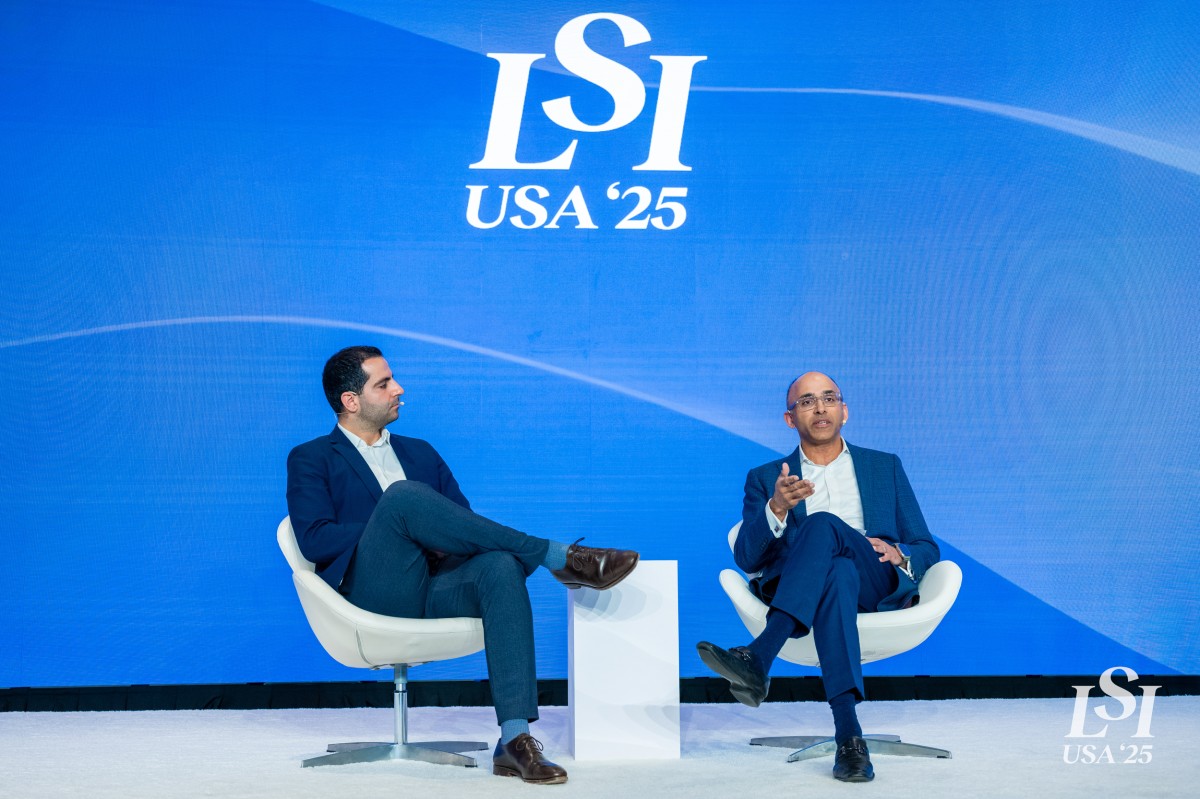
LSI USA ‘24 provided a wealth of insights into the evolving landscape of medtech investments, highlighting the pivotal role of private equity in driving growth and innovation. Key panel discussions stressed the importance of strategic and opportunistic investments, capable management teams, creative financing structures, geographic factors, and strategies for navigating the challenging IPO market. Here are the key takeaways from our latest medtech conference.
Private Equity’s Role in Medtech Growth
Private equity has become a crucial player in the medtech industry, significantly impacting the ecosystem through increased activity in acquisitions and investments. Dave Uffer, Managing Director at Trinity Life Sciences, noted the growing influence of private equity: "In the last five years, I think there are more buyers than targets for services companies such as CDMOs." This shift underscores private equity firms’ increasing interest and investment in medtech, highlighting their role in shaping the industry’s future.
Strategic and Opportunistic Investments
Private equity firms are employing strategic and opportunistic approaches to investments in the medtech sector. Duke Rohlen of Ajax Health explained this dual strategy: "We are thematic. We differentiate between strategic and opportunistic. For example, we’re doing a lung cancer deal with Hologic. Considering I’ve never done anything with cancer in my life, this is a bit more opportunistic. But we understand and can build the capabilities to make it strategic." This approach allows firms to take advantage of immediate opportunities while strategically positioning themselves for long-term growth.
Capable Management Teams
The capability of management teams is paramount in the success of acquisitions and investments. Rohlen stressed the need for strong leadership: "We love the management teams that are in the companies to stay (if they are capable). It completely obviates disruption and is a nice continuity from the old owner to the new owner." Ensuring the management team has the necessary skills and vision is critical for driving the company forward and achieving strategic goals.
Creativity in Financing and Structuring Deals
Innovative financing and deal structures are essential in supporting growth and managing risk in the medtech market. Erich Wolff from Partners Group shared an example of such creativity: "We brought in private equity money to fund critical programs, sharing the risk with investors while keeping our P&L neutral." This type of creative financial structuring allows companies to accelerate growth while mitigating financial risk, making it a valuable strategy for investors and entrepreneurs.
Geographic Considerations in Investments
Global presence and geographic considerations play a significant role in investment decisions within the medtech industry. Antonio Sanchez-Cordero, from Ardian, highlighted their approach: "We have offices in New York, Lyon, Singapore, and Tokyo. Most of these spaces in healthcare are truly global—the same portfolio but sold and commercialized differently. We don’t have a strong priority for one geography over another." This global strategy enables firms to tap into diverse markets and leverage international opportunities, ensuring a broad and balanced investment portfolio.
Challenges and Opportunities in IPO Markets
The uncertain IPO market presents both challenges and opportunities for private equity. Rohlen noted, "Great companies go out in some way, shape, or form. You target liquidity optionality and work towards an endpoint where you have multiple ways to liquidate the asset. figuring out different sources of liquidity." With the traditional IPO route being unpredictable, private equity firms are exploring alternative avenues for liquidity, such as partnerships and roll-ups, to ensure they can realize returns on their investments.
Explore More
The full recording of this panel session can found at the link below:
The insights from the LSI USA ‘24 medtech conference underscore the critical strategies that medtech entrepreneurs and medical device investors need to adopt to thrive in the competitive and evolving market.
These strategies help secure funding and build a robust foundation for innovation and development within the medtech industry. As private equity continues to play a pivotal role in the medtech market, entrepreneurs and investors must stay informed and adaptable, leveraging these insights to drive their ventures forward.
-Joe-Mullings,-Andrew-ElBardissi,-Ramin-Mousavi,-Addie-Harris,-and-Josh-Makower.png)






